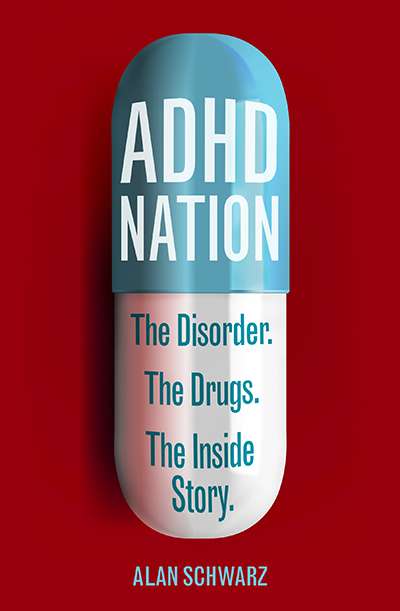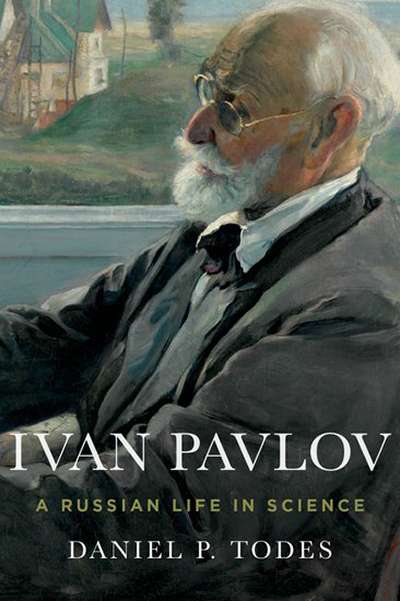Over at the academy, the lecture is not what it used to be. Colourful slides and short videos accompany the spoken word, and this audio-visual feast can be ordered take-away, lecture recordings instantly downloadable from the university’s ‘learning management system’. Students sit, laptops open, alternating their gaze between the lectern and the web. Many stay home, speeding up the recordings to whiz through the dull bits. Academics speculate on whose lectures will be chipmunked the most.
Most of these students are digital natives, a generation that has grown up with the Internet, Facebook, immersive video games, and mobile devices. According to Susan Greenfield, a prolific Oxford neuroscientist, the natives are restless. They are also narcissistic, superficial, passive, inattentive, uncentred, and aggressive. In Mind Change, Greenfield ties these failings together as a syndrome of our time. Its cause, she argues, is the steady encroachment of digital technologies into our lives. Greenfield has raised concerns about their influence for many years, and her book attempts to marshal the scientific evidence to support them.
...
(read more)






